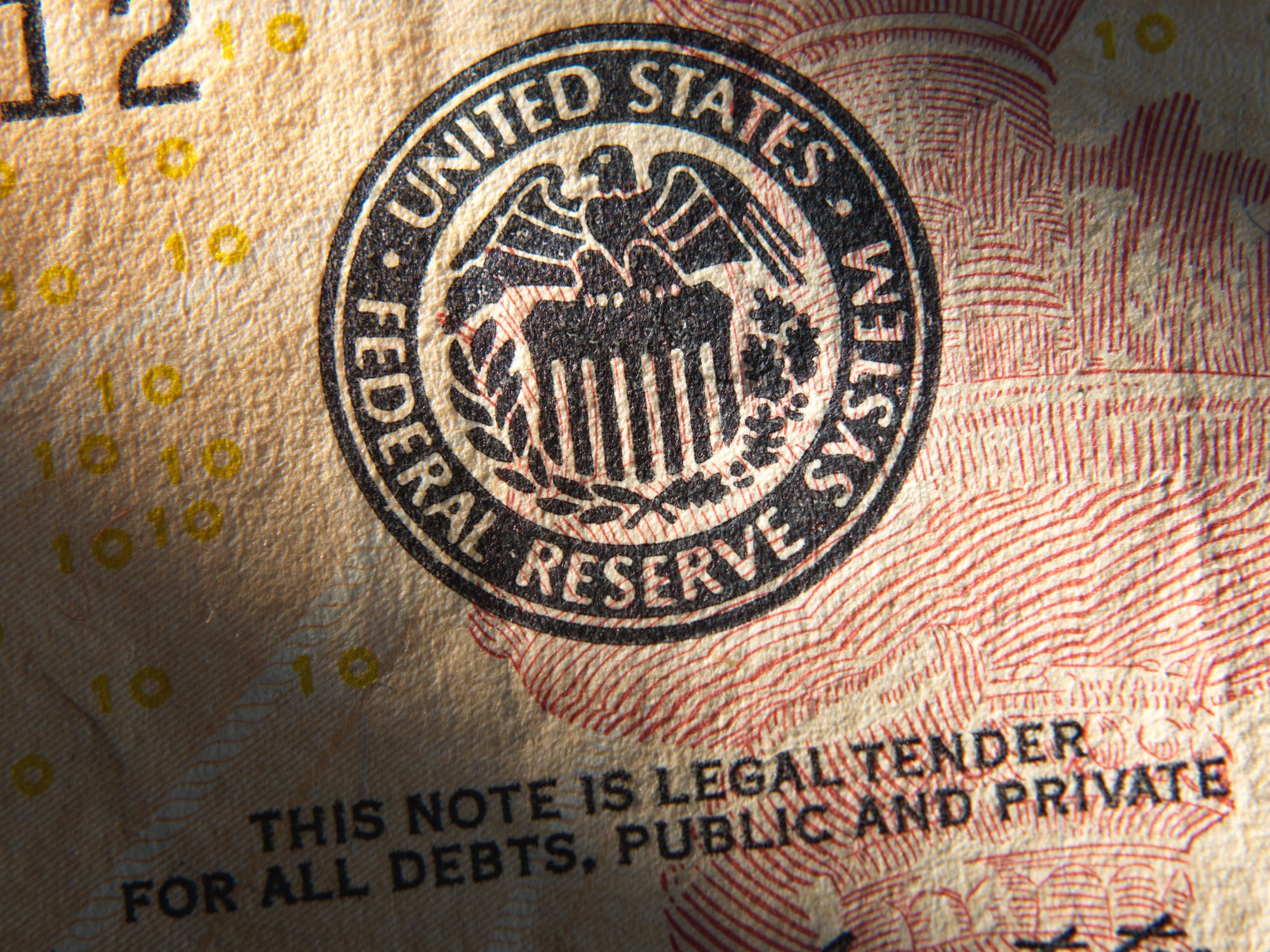The ramp-up of money-printing by the Federal Reserve Bank since the COVID pandemic began has meant, like clockwork, an increase in CPI price inflation exceeding a seven percent annual rate. Though price inflation as measured by the CPI was temporarily delayed by the crosswinds of the shutdown-induced recession, the Fed inflation of the currency had already enriched the financial sector and created a wider income divide between the top one percent and the rest of the people. And this has not gone unnoticed by the political left, even if they remain ignorant of the real economic causes.
Economist and financier Richard Cantillon explained the impact of inflation upon the poor in his posthumous Essai nearly four centuries ago, in what has become called the “Cantillon Effect.” Cantillon posited that “the abundance of money makes everything more expensive” and that the persons who create the money benefit from its first use, while those who are further down the circulation river are robbed of the value of the money they do possess:
If the increase of hard money comes from gold and silver mines within the state, the owner of these mines, the entrepreneurs, the smelters, refiners, and all the other workers will increase their expenses in proportion to their profits.
Today, the miners and smelters are the financial sector, followed by the real estate sector, which Cantillon noted was a refuge from the ravages of inflation, observing that “an abundance of money naturally increases consumption and contributes above everything else to a higher valuation of the land.”
What that means from a practical point-of-view is that the poorer a man is, the more inflation hurts him. Inflation always takes from the creditor and gives to the debtor by devaluing dollar-denominated assets.
But how, you many ask, can a poor man be a creditor and a rich man be a debtor? One first needs credit in order to qualify for debt, and the poorer a man is, the less he is able to become a debtor. The working poor are always forced by the social construct to be a creditor:
- Inflation always takes from the wage-earner and gives to the employer, to whom he has credited his labor while he awaits payday.
- Inflation always takes from the renter and gives to the landlord, to whom he has advanced his rent and security deposit. But inflation protects the landowner by increasing the valuation of his land and comparatively diminishing the payments for his mortgage.
- Inflation always takes from the wage-earner who deposits his wages and gives to the banker, whose very business is one of managing debt.
- Inflation takes from the pensioner on a fixed income and gives to the financial sector.
Collectively, this is a huge transfer of wealth: an inflation tax on every single worker, collected from several weeks wages, a couple of months rent, all the bank deposits of the poor—levied also upon the value of fixed-income retirees—is transferred to those “miners and refiners” in the financial industry. Inflation is a direct redistribution of wealth from the working poor to the financial sector, which explains the extraordinary enrichment of the financial sector in the US since the end of the gold standard and rise of the age of inflation in the 1970s.
The rich man’s assets may include some cash and non-inflation-indexed bonds, but the overwhelming majority of the rich people’s assets are denominated in real estate, stocks and other assets that are relatively safe from inflation. And most of them benefit from inflation indirectly by being further up the inflation pipeline.
The middle class may have a home where the value of the mortgage payment is decreased by inflation (though this is never more than 29% of his income by industry rule) and may see a proportionate increase in the valuation of his home. But the other 71%-plus of his income is robbed regularly from inflation, so the middle class too becomes poorer overall.
The poor man is especially attacked by inflation. The poor man pays the inflation tax on 100% of his assets (which, however small they may be, are inevitably cash-denominated), 100% of his income, and everything he expects to receive as income, including the labor of his own hands.
Even before the CPI recorded price inflation, the increase in income disparity was already widened. Establishment politicians and their crony house economists will reliably deploy deflation as their tired, old bogey-man, inevitably bringing up irrelevant references to the Great Depression as a counter to this point. But deflation actually makes necessary goods more affordable to poor people during tough economic times at the expense of depreciation of the assets of the rich. The currency inflation created by the Fed actually cheated the poor out of this meager and needed benefit.
Inflation is the most regressive tax, and the most cruel. This is why there is so often starvation in nations with hyper-inflation; inflation preys on the most vulnerable in society, and the greater the inflation, the greater the harm inflicted upon the poor. It’s clearly long past time—for the sake of the poor—to abolish the Fed and restore a stable, commodity-based currency.

































